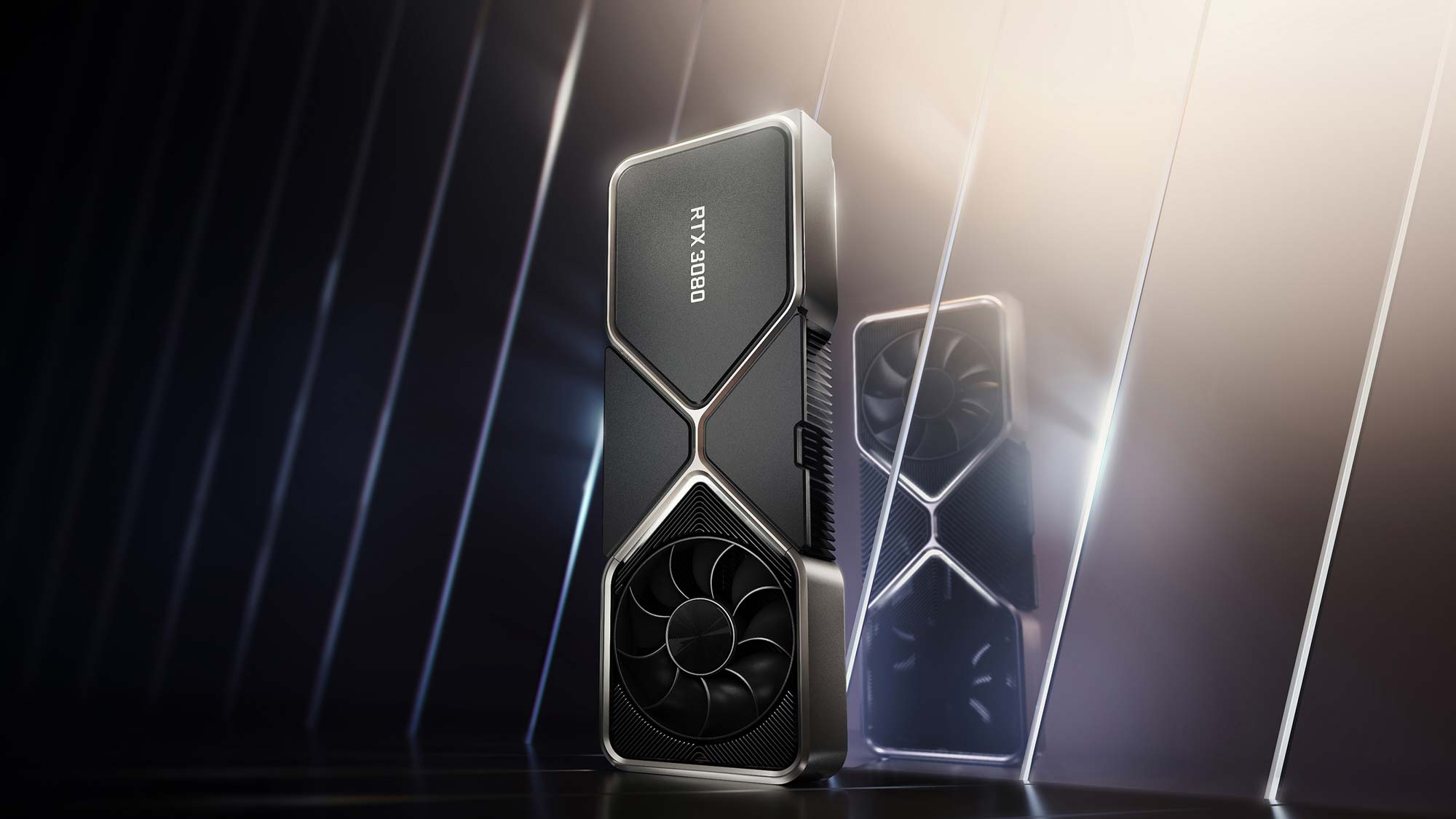Nvidia is enforcing a new rule — laptop makers must be transparent about RTX 30-series specs
Nvidia is putting its foot on laptop makers' necks!

Nvidia used to "strongly encourage" laptop makers to disclose performance-revealing specs about their GPUs, but many ignored Nvidia's advice. Now, the GPU maker is putting its foot down; it's coercing OEMs to be more transparent about the RTX 30-series GPUs' power, clock speeds, cores and more (via The Verge).
Nvidia's new rule enforcement will arm consumers with more valuable information on which laptops are packed with the most compatible GPU internals for their personal needs.
- Best gaming laptops in 2021
- Nvidia GeForce RTX 30 series mobile GPUs: A beginner's guide
- Nvidia RTX 30-series FAQ: Everything you need to know
Nvidia is calling all laptop makers to be more transparent
Transparency is important for developing a strong producer-consumer relationship in any business. The more transparent you are, the more trustworthy you will be in consumers' eyes. And of course, the opposite is true — the vaguer you are, the more you'll tarnish your reputation.
Fortunately, it seems as if Nvidia has caught on to this and it is no longer being lax about enforcing specs transparency. On all online product pages, laptop makers will be required to disclose Nvidia RTX 30-series' clock-speed stats and total graphics power so consumers can make fulfilling buying decisions without feeling duped down the road.
“We’re requiring OEMs to update their product pages to the Max-Q technology features for each GeForce laptop, as well as clocks and power — which communicates the expected GPU performance in that system,” an Nvidia representative told The Verge.
However, OEMs no longer have to mention whether their laptops are packed with Max-Q variants. Max-Q previously gave consumers a general idea of the laptop's performance without researching its clock speeds.
But according to a statement released to our sister site Tom's Hardware, Nvidia claims the Max-Q naming convention no longer offers information on how well the GPU performs — it simply indicates that the GPU features efficiency technologies such as Whisper Mode 2, Dynamic Boost 2 and Advanced Optimus.
Sign up to receive The Snapshot, a free special dispatch from Laptop Mag, in your inbox.
Laptop makers such as Asus and Gigabyte have already started following Nvidia's transparency protocol.
We applaud Nvidia's great strides toward increasing transparency among OEMs; it's a great way to place the power back into the consumers' hands.
Kimberly Gedeon, holding a Master's degree in International Journalism, launched her career as a journalist for MadameNoire's business beat in 2013. She loved translating stuffy stories about the economy, personal finance and investing into digestible, easy-to-understand, entertaining stories for young women of color. During her time on the business beat, she discovered her passion for tech as she dove into articles about tech entrepreneurship, the Consumer Electronics Show (CES) and the latest tablets. After eight years of freelancing, dabbling in a myriad of beats, she's finally found a home at Laptop Mag that accepts her as the crypto-addicted, virtual reality-loving, investing-focused, tech-fascinated nerd she is. Woot!

